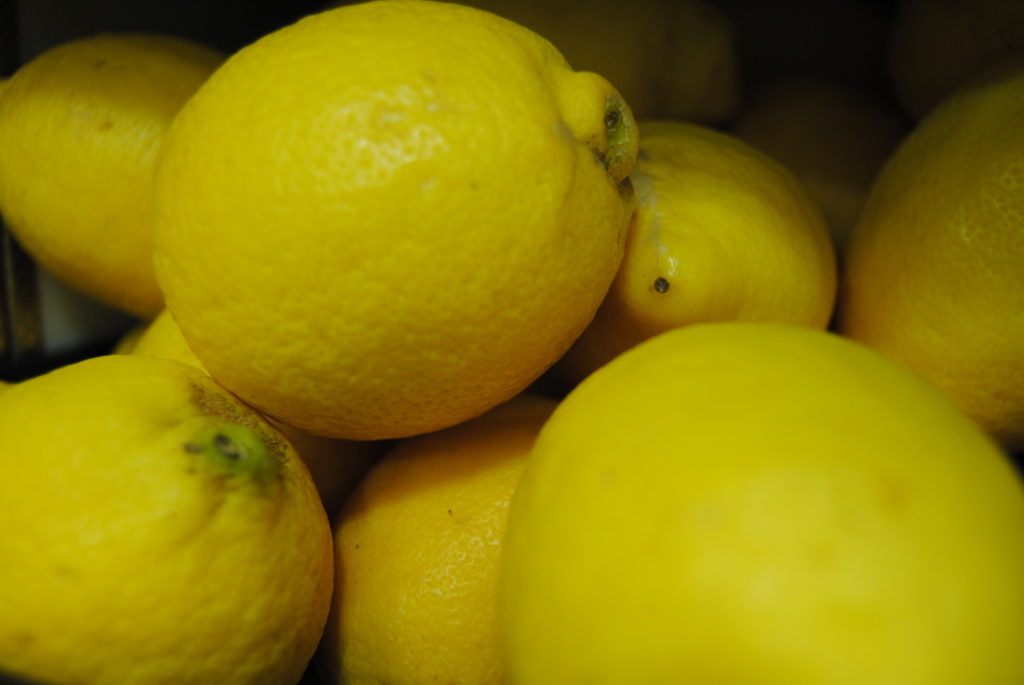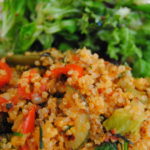The topic of probiotics is not a new issue. Although we are now hearing more about probiotics, the concept has been around for thousands of years. Traditional diets have used fermented foods as far back as we can see.
There is evidence that people were fermenting drinks in Babylon as far back as 5000 BC, and in Egypt and Mexico around 2000BC. Fermented, leavened bread was produced in Ancient Egypt as well as Ancient Rome. Fermented dairy is a major aspect of the traditional Massai diet. Asian diets traditionally used many forms of fermented soy beans which still produce a variety of products such as miso, soy sauce and kimchi. The Middle East originated their own form of fermented foods through fermented pickles, yogurt and torshi (mixed vegetables). Many countries in Europe began to use sauerkraut, kefir and crème fraiche as their own version of fermented products. It is evident that most cultures around the world had, and still continue to have, their unique variety of traditionally fermented foods.
The standard Western diet is definitely lacking fermented food. Many modern day digestive issues would be resolved if we had continued on with the fermentation practices of the past. Most people who are lactose intolerant can handle dairy if it has been properly fermented. The fermentation process breaks down the lactose, therefore mitigating a potentially problematic sugar. Real sourdough bread is often effectively absorbed by those that are allergic to gluten. I will continue to talk about fermented foods over the next few weeks. In order to start today, begin soaking your nuts and grains with water. By adding an acidic medium as well, such as fresh squeezed lemon or raw apple cider vinegar, this will encourage fermentation.
Introducing beneficial bacteria into our bodies will restore the balance of intestinal flora that used to be standard in people who ate traditional, whole foods. Primal diets exposed themselves to bacteria on a regular basis and discovered that certain foods undergo a dramatic change under certain conditions. These conditions not only make them last longer, but alter their taste and nutritional values completely. An increase in fermented foods will address a severe deficit in the modern gut.





